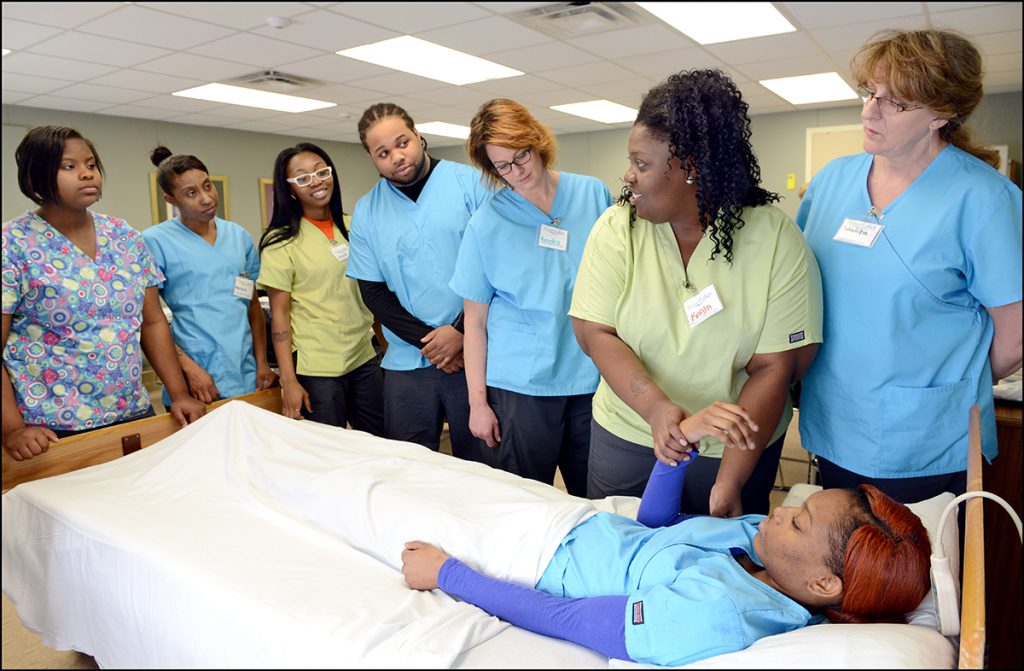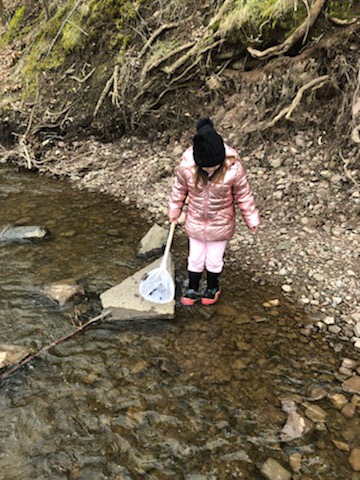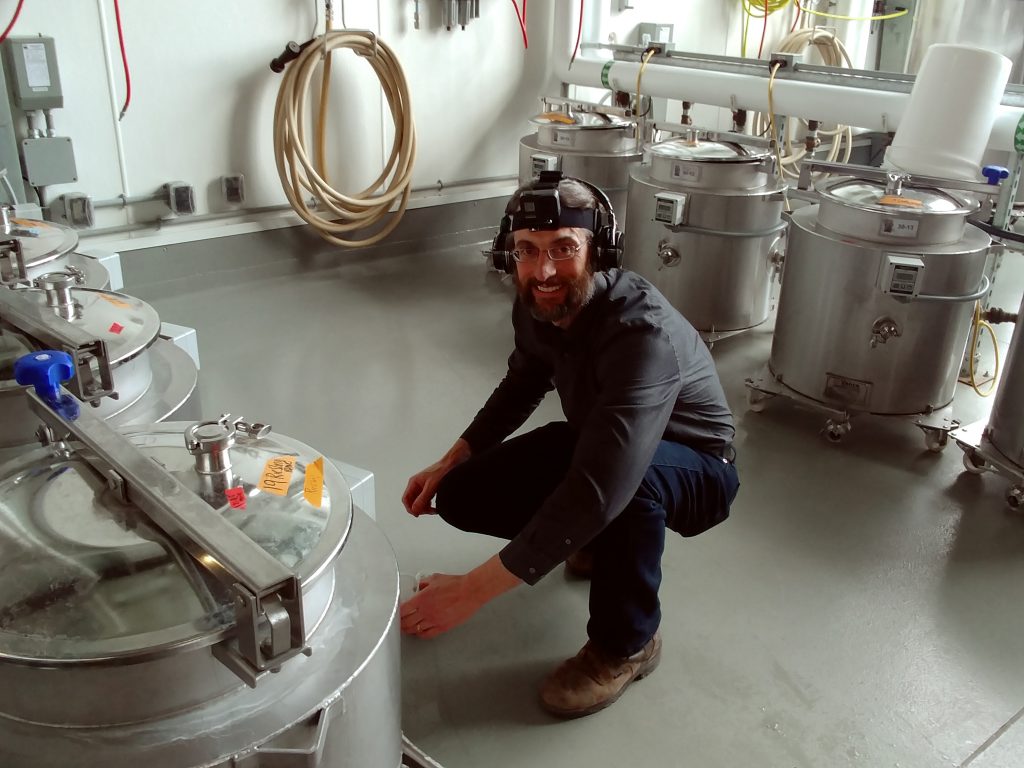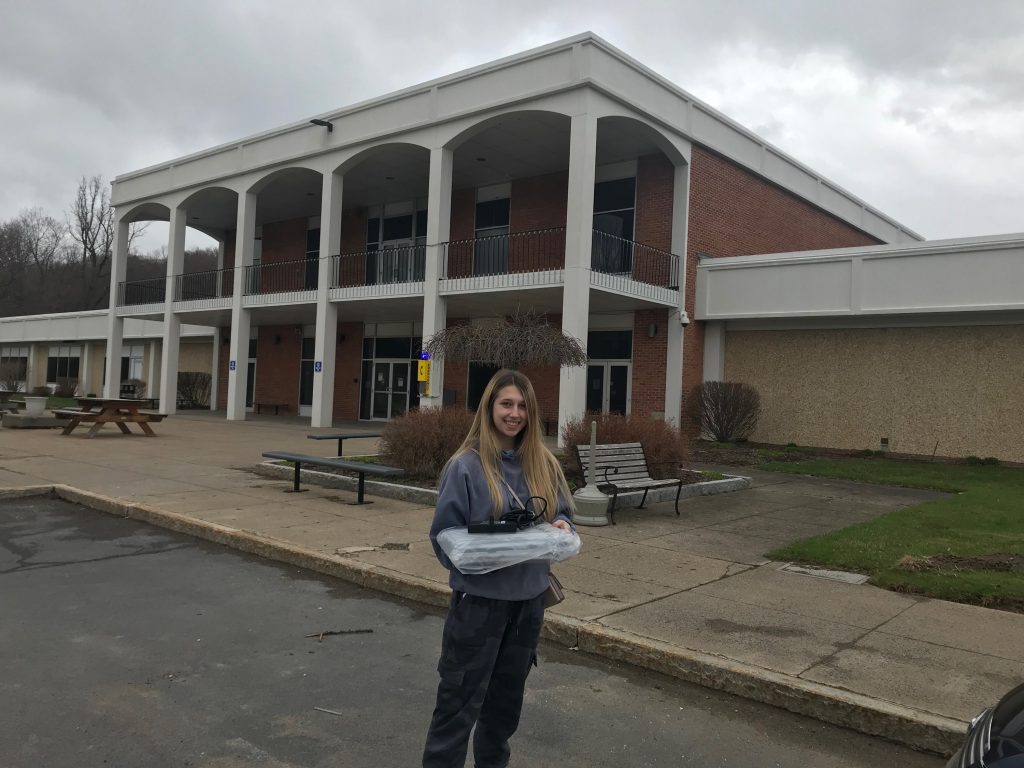Finger Lakes Community College is providing online training to home health aides in New York City and Long Island so they can fill a critical need for nurse assistants in COVID-19 units.
United Healthcare Workers East, 1199 of the Service Employees International Union, has hired FLCC to provide the training based on the college’s reputation for online education and experience training certified nurse assistants in the Finger Lakes region.

Classes began Tuesday, April 21, for a pilot class of 22 home health aides, chosen because they have some health care experience. During a state of emergency, federal law allows many health care workers to work outside their normal scope of practice, provided they have training in a critical set of skills.
FLCC curriculum designers moved those skills, largely involving the use of personal protective equipment, or PPE, to the beginning of the 10-week class. This will allow the students in the pilot class to go to work in four weeks in COVID-19 recovery units while completing the course components that can be taught online.
Continue reading “FLCC provides training for downstate COVID unit workers”




